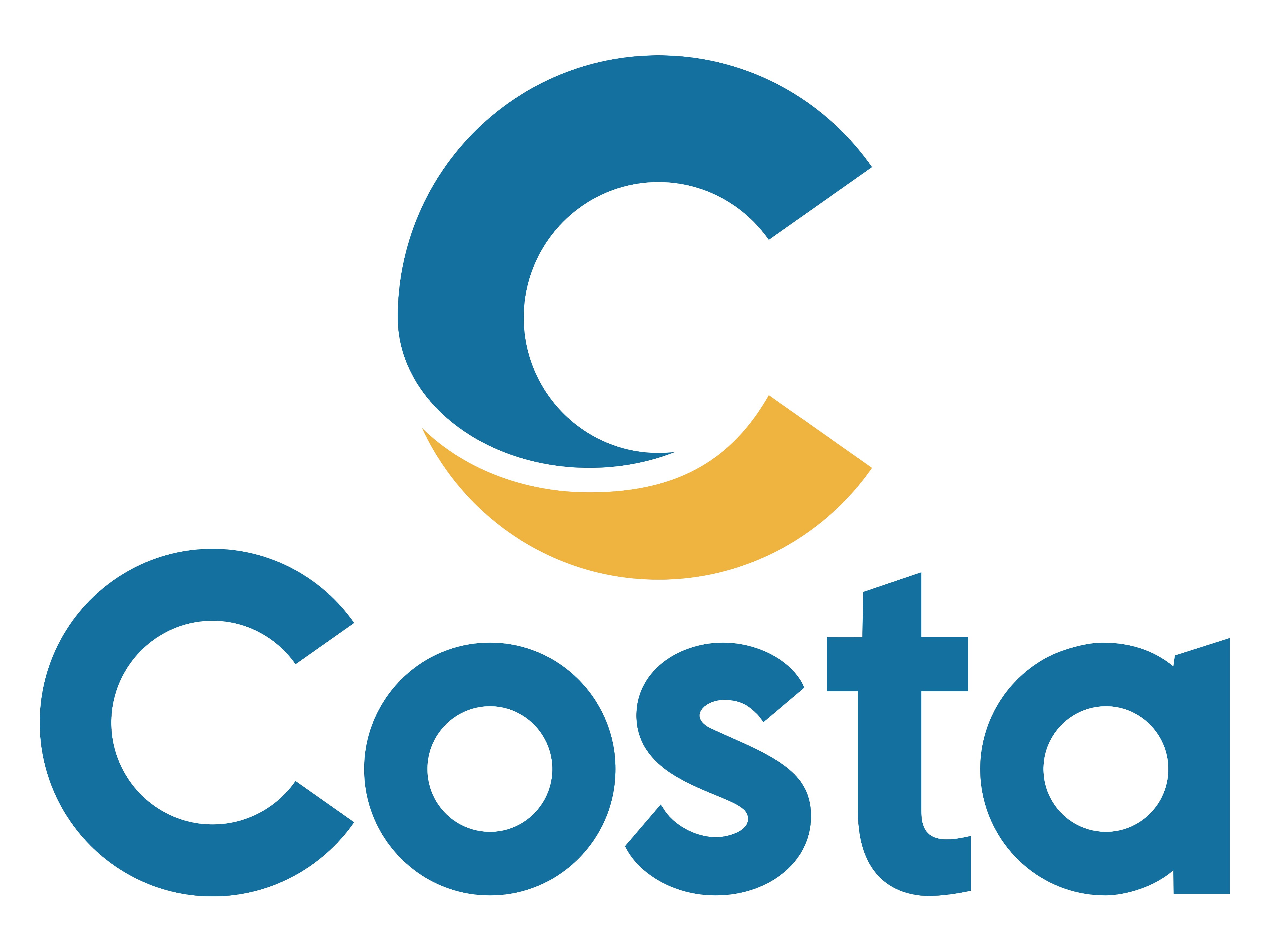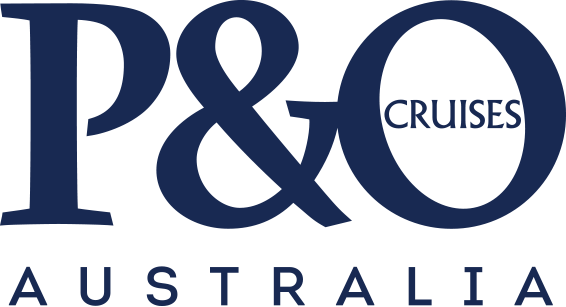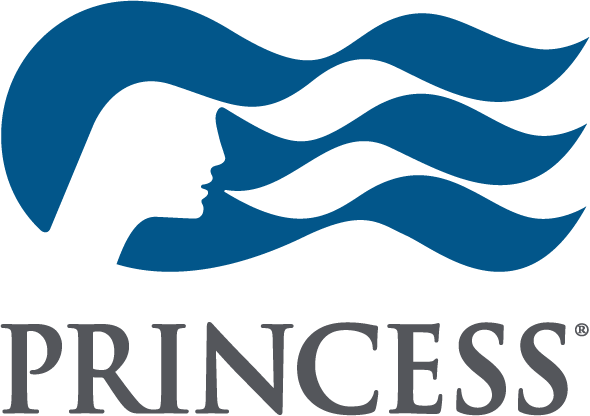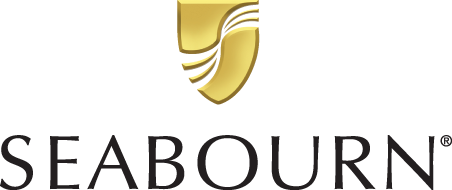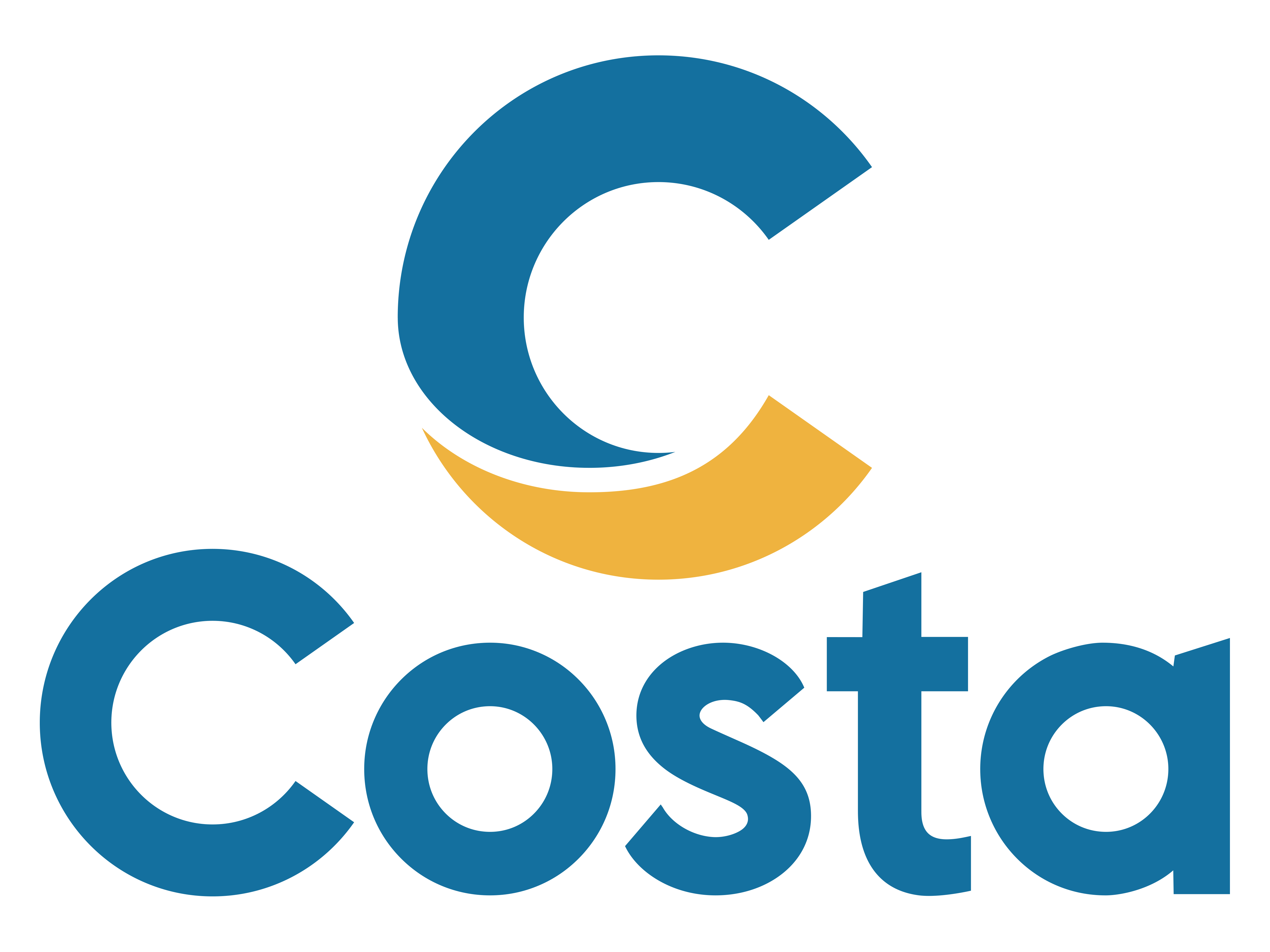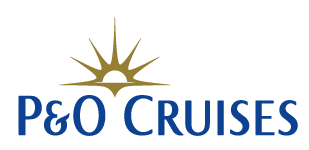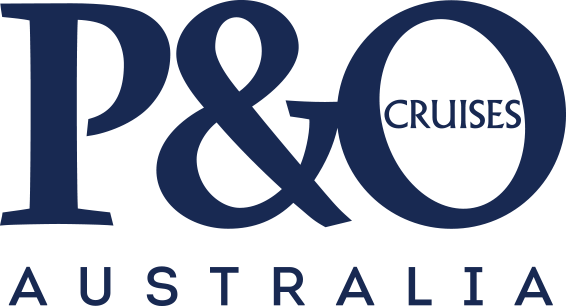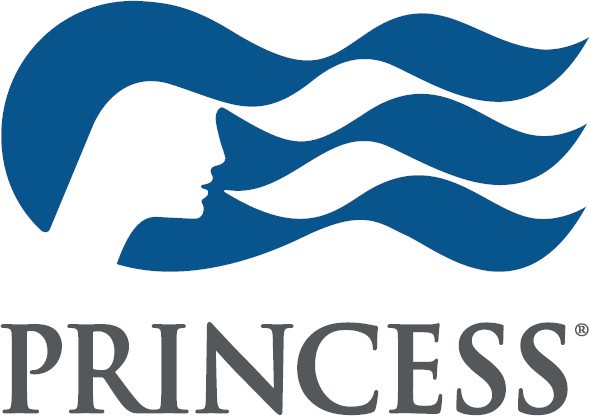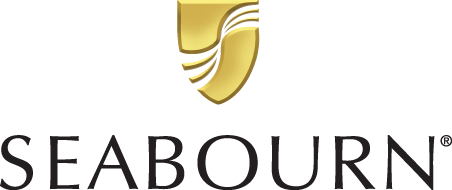Audit Committees
Approved by the Audit Committees: July 10, 2024
Approved by the Boards of Directors: October 9, 2024
CARNIVAL CORPORATION
CARNIVAL PLC
AUDIT COMMITTEES CHARTER
Purpose
The purpose of the Audit Committees of the Boards of Directors (the “Boards”) of each of Carnival Corporation and Carnival plc (the “Companies”) is to:
1. Assist the Boards’ oversight of the:
(a) Integrity of the Companies’ financial statements;
(b) (b) Companies’ compliance with legal and regulatory requirements (in coordination with the Health, Environmental, Safety and Security Committees in relation to health, environmental, safety and security matters and in coordination with the Compliance Committees in relation to compliance matters addressed by the Compliance Committees);
(c) Independent auditors’ qualifications and independence;
(d) (d) Performance of the Companies’ internal audit functions, including process efficiencies and investigations into asset misappropriation, corruption and ethics, and financial or non-financial manipulation;
(e) Performance of the Companies’ independent auditors; and
(f) (f) Relevant elements of the Companies’ risk management programs, including risk management with respect to information technology operations and cybersecurity.
2. Prepare the reports that the U.S. Securities and Exchange Commission (the “SEC”) rules, the UK Corporate Governance Code and the Financial Conduct Authority's Disclosure Guidance and Transparency Rules require be included in the Companies’ annual proxy statement and the Carnival plc Annual Report, respectively.
Although the Audit Committees have the powers and responsibilities set forth in this Charter, the role of the Audit Committees is oversight. The members of the Audit Committees are not full-time employees of the Companies and may or may not be accountants or auditors by profession or experts in the fields of accounting or auditing and, in any event, do not serve in such capacity. Consequently, it is not the duty of the Audit Committees to conduct audits or to determine that the Companies’ financial statements and disclosures are complete and accurate and are in accordance with U.S. generally accepted accounting principles (“GAAP”), International Financial Reporting Standards (“IFRS”) and other applicable requirements. These are the responsibilities of management and the Companies’ independent registered public accounting firm.
Membership
The Audit Committees shall consist of no fewer than three non-executive directors, each of whom is, in the business judgment of the Boards, “independent” under the requirements of the New York Stock Exchange, the UK Corporate Governance Code, the SEC and other applicable regulatory requirements, and meets the experience requirements (including financial literacy). In particular, at least one member shall have recent and relevant accounting and/or audit experience for purposes of the UK Corporate Governance Code and qualify as an “audit committee financial expert” as defined in SEC rules and regulations. The Audit Committees as a whole shall have competence relevant to the sector in which the Companies operate. The members and the Chair of the Audit Committees shall be appointed and replaced by the Boards on the recommendation of the Nominating & Governance Committees.
The Chair of the Boards shall not be a member of the Audit Committees. The members of the Audit Committees may be removed by the Boards at any time. The duties and responsibilities of a member of the Audit Committees are in addition to duties set out for a member of the Boards. No member of the Audit Committees may receive any compensation from the Companies other than director’s fees and applicable Board Committee fees.
Meetings
The Audit Committees shall meet regularly either in person, telephonically or using any other method of electronic communication (or any combination thereof) as necessary to satisfy their responsibilities. The Audit Committees’ actions may be taken without a meeting by unanimous written consent when deemed necessary or desirable by the Audit Committees or their Chair.
The Audit Committees may invite members of management or others to attend the meeting and provide pertinent information as necessary, and separately, meet periodically with management, internal auditors and the independent auditors. The Chief Audit Officer (the “CAO”) and the independent auditors should have sufficient opportunity to initiate meetings with the Audit Committees without management present.
The quorum necessary for the transaction of business is a majority of the members. A duly convened meeting of the Audit Committees at which a quorum is present is competent to exercise all or any of the authorities, powers and discretions vested in or exercisable by the Audit Committees. In the absence of the Chair of the Audit Committees, the remaining members present may elect one of themselves to chair the meeting.
Authority and Responsibilities
In meeting its responsibilities, the Audit Committees are expected to:
1. Provide an open avenue of communications between the CAO, the Chief Risk and Compliance Officer (the “CRCO”), the Chief Financial Officer (the “CFO”), the Chief Information Security Officer (the “CISO”), the Global Accounting and Reporting Services Department and the independent auditors.
2. Annually recommend the appointment of the independent auditors, oversee the independent auditors, and approve their compensation. Where appropriate, review and approve the discharge of the independent auditors. The CFO will provide the Audit Committees with the independent auditors’ annual fee proposal for approval by the Audit Committees. The independent auditors are ultimately accountable to the Boards and the Audit Committees.
3. Review and concur in the appointment, compensation, replacement, reassignment, or dismissal of the CAO.
4. Set hiring policies for employees or former employees of the independent auditors..
5. At least annually, obtain and review a report by the independent auditors describing:
(a) The firm’s internal quality-control procedures;
(b) Any material issues raised by the most recent internal quality-control review or peer review of the firm, or by any inquiry or investigation by the governmental or professional authorities, within the preceding five years, respecting one or more independent audits carried out by the firm, and any steps taken to deal with any such issues;
(c) All relationships between the independent auditors and any of the Companies’ significant shareholders/affiliates, executive officers and/or directors (to assess the auditors’ independence); and
(d) Such other matters required to be communicated to the Audit Committees by the independent auditors under auditing standards established from time to time.
The Audit Committees should engage in a dialogue with the independent auditors with respect to any disclosed relationships that may impact the objectivity and independence of the auditors.
6. Approve in advance all audit and statutorily permitted non-audit services to be provided by the independent auditors, and establish and monitor policies for pre-approval of the retention and fees of the independent auditors for audit and any statutorily permitted non-audit services.
7. Evaluate, together with the Boards, and taking into account the opinions of management and the Risk Advisory & Assurance Services (“RAAS”) Department, the performance, effectiveness, objectivity, and independence of the independent auditors and determine whether it is appropriate to adopt a policy of rotating independent auditors
8. Review with management, the CAO and/or the independent auditors:
(a) The audit scope and plan of the RAAS Department and the independent auditors, and the coordination of any reviews and/or audits between them, including any necessary reviews and/or audits by the independent auditors of the Companies’ Annual Reports on Form 10-K and Quarterly Reports on Form 10-Q (together, the “SEC Reports”) as well as the Carnival plc Annual Report and the Carnival plc Half Yearly Financial Report (together, the “UK Reports”) prior to the Companies’ filing such reports with the SEC and the applicable UK authorities;
(b) The coordination of audit effort to assure completeness of coverage, reduction of redundant efforts, and the effective use of audit resources;
(c) The adequacy of the Companies’ internal controls, including financial, operational and compliance controls, risk management systems and information systems controls and security; and
(d) Any significant findings and recommendations of the independent auditors and the RAAS Department, together with management’s responses thereto.
9. Review with the CFO and the independent auditors at the completion of the quarterly or semiannual review and/or the annual audit, as appropriate:
(a) The Companies’ SEC Reports and UK Reports, including the financial statements and related footnotes and the disclosures under “Management’s Discussion and Analysis of Financial Condition and Results of Operations,” prior to release to shareholders;
(b) Independent auditors’ audit of the financial statements and their report thereon;
(c) Any significant changes required in the independent auditors’ audit plan;
(d) Any formal announcements relating to the Companies’ financial performance;
(e) Any problems, difficulties or disputes with management encountered during the course of the audit and management’s response;
(f)Other matters related to the conduct of the audit which are to be communicated to the Audit Committees under generally accepted auditing standards or the International Standards on Auditing (UK);
(g) The application of and any changes in significant accounting principles under U.S. GAAP or IFRS;
(h) The Companies’ critical accounting policies and significant estimates judgements and unusual transactions;
(i) Any new off-balance sheet structures and their effect on the financial statements; and
(j) The viability statement and the going concern statement.
10. Review with the CFO, the CAO, the CISO and/or other members of management, in collaboration with the Compliance and HESS Committees, in each case as appropriate, the significant risks or exposures, including those relating to information technology operations and integration and cybersecurity, and assess the controls implemented and steps management has taken to monitor and mitigate such risks
11. Provide functional oversight of the RAAS Department and review with the CAO:
(a) Significant findings during the year and the status of management’s action plans thereto;
(b) The performance of the RAAS Department’s function relative to achievement of its annual audit plan;
(c) Results of the RAAS Department’s Quality Assurance Improvement Program;
(d) The status, results and treatment of significant investigations (including the appropriateness of disciplinary actions and remediations) performed by RAAS;
(e) Any difficulties encountered in the course of their audits, including any restrictions on the scope of their work, access to required information or impediments to their independence;
(f) The adequacy of RAAS Department staffing and financial resources;
(g) The RAAS Department charter;
(h) The RAAS Department’s compliance with the IIA’s Standards for the Professional Practice of Internal Auditing (Standards); and
(i) Any changes in the annual proposed audit plan with an explanation of deviations.
12. Discuss with the CFO earnings press releases, as well as the Companies’ practices with respect to financial information and earnings guidance provided to analysts and rating agencies.
13. Review with the General Counsel legal and regulatory matters that may have a material impact on the financial statements, the Companies’ compliance policies and any material inquiries or reports received from regulators or governmental agencies.
14. Conduct, authorize or require investigations into any matters within the Audit Committees’ scope of responsibilities. The Audit Committees shall be empowered to retain and compensate independent counsel, accountants and others to assist them in the conduct of any investigation or to otherwise carry out their duties, including any administrative expenses that are necessary or appropriate in carrying out its duties.
15. Prepare a written report, to be published in the Companies’ annual proxy statement, the Carnival plc Corporate Governance Report and/or information statement, to the extent required under any applicable securities laws and stock exchange regulations.
16. Establish and monitor policies and procedures for:
(a) The receipt, retention and treatment of complaints or concerns received by the Companies from employees, agents, business partners and guests regarding accounting, internal accounting controls and auditing matters; and
(b) The confidential, anonymous submission by employees, agents, business partners and guests of complaints or concerns regarding questionable accounting or financial matters via a hotline.
17. Review with the Boards at least annually the adequacy of the Companies’ internal controls, including audit, financial, operational and compliance controls, risk management systems, and information system controls and security.
18. On an annual basis:
(a) Review and approve the decision to enter into swap transactions that are exempt from the clearing requirement under the Commodity Exchange Act (as amended) for swaps that are:
(i) used to hedge or mitigate a commercial risk; and
(ii) where the party seeking such exemption provides certain required information to a registered swap data repository or, if no registered swap data repository is available, to the Commodities Future Trading Commission; and
(b) Review the Companies’ policies governing the use of such swaps.
19. Oversee any competitive tender process with respect to audit firms.
20. The Audit Committees may delegate their authority to approve audit and non-audit services to be provided by the independent auditors to the Chair of the Audit Committees up to an aggregate limit of $200,000 per year, provided that the Chair of the Audit Committees shall report to the Audit Committees at the next meeting regarding any services approved pursuant to such delegation.
21. The Audit Committees will perform such other functions consistent with this Charter, the Companies’ by-laws, articles of association, governing law or the United Kingdom Corporate Governance Code as the Audit Committees or the Boards deem necessary or appropriate.
Information Sources
The Audit Committees shall have the resources and authority appropriate to discharge their duties and responsibilities. The Audit Committees shall also have authority to obtain advice and assistance from internal or external legal, audit, accounting or other advisors.
Assessment of Performance
The Audit Committees shall review and assess their performance annually and report on the same to the Boards. The performance evaluation by the Audit Committees shall be conducted in such manner as the Audit Committees deems appropriate. The report to the Boards may take the form of a report by the Chair of the Audit Committees or any other member of the Audit Committees designated by the Audit Committees.
Annual Review of Charter
The Audit Committees shall review and assess the adequacy of this Charter annually and recommend to the Boards any changes deemed appropriate by the Audit Committees.
Reports to the Boards
The Chair of the Audit Committees, or a designee, shall provide to the Boards quarterly summaries of the meetings of the Audit Committees, including actions taken therein or by unanimous written consent, with such recommendations as the Audit Committees shall deem appropriate.
- Chair
- Member
- Financial Expert
- Independent Director


